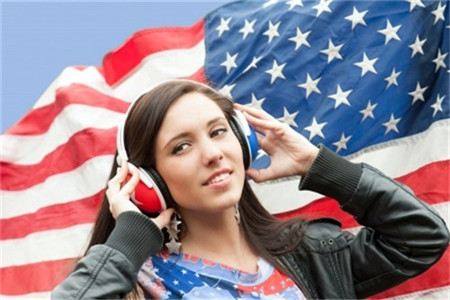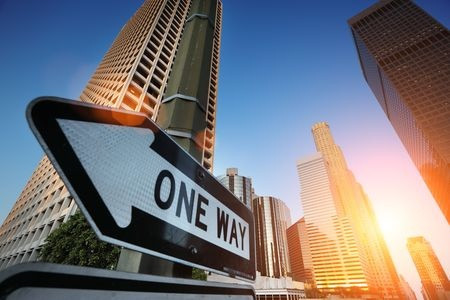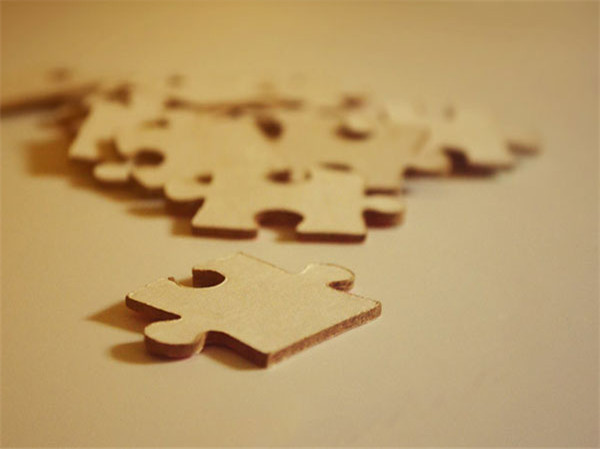【托福考前必备资料】托福阅读背景知识——The American Revolution&causes
- 2015年10月15日13:42 来源:小站整理
- 参与(0) 阅读(3675)
在我们的托福备考过程中,想要提高托福阅读水平最好方法莫过于增加自己的阅读量。而在与此同时,除了托福真题和官方真题Official的一些练习之外,许多阅读素材中的词汇积累也是会为大家带来很多帮助的。那么,下面我们就为大家带来一些托福阅读素材,希望能为你的备考带来帮助。
托福阅读背景知识(7):The American Revolution&causes
The American Revolution
The War of Revolution between America and Britain began in April 1775 in *Lexington, Massachusetts, when soldiers from each side met and somebody fired a shot. It was called the #39;shot heard round the world#39; because the war that followed changed the future of the *British Empire and America. But the American Revolution, the movement to make an independent nation, began many years earlier.
The causes of revolution
The desire of Americans to be independent from Britain arose out of a long series of disagreements about money and political control. Britain had had colonies (= places taken over by people from a foreign country) in North America since 1607 and kept soldiers there to defend them from attack by the French and Spanish, and by *Native Americans. In order to raise money for this, the British *Parliament tried to make the colonists (= people who had gone to settle in America) pay taxes.
From 1651, Britain passed a series of laws called Navigation Acts, which said that the colonists should trade only with Britain. These laws were frequently broken and were a continuing source of tension. Taxes imposed in the 18th century increased ill feeling towards Britain. In 1764 the Sugar Act made colonists pay tax on sugar, and in 1765 the *Stamp Act put a tax on newspapers and official documents. Opposition to this was strong and the following year Parliament had to remove the tax. By then, people in both America and Britain were arguing about who had the power to tax the colonies. The 13 colonies each had an assembly of elected representatives, and the colonists wanted these assemblies to decide what taxes they should pay, not Parliament. Some colonists, called patriots, began to want independence from Britain. They expressed their feelings in the slogan #39;no taxation without representation#39;.
In 1767 there was a disagreement in New York about whether Britain could ask people to give soldiers accommodation in their houses. The local assembly agreed, eventually, but became involved in a dispute with Parliament over who had the right to decide such matters. In the same year the Townshend Acts put taxes on certain products including tea. The assemblies refused to help collect the money and Parliament responded by closing them down. All this caused many more people to want independence. *Boston, especially, had many patriots, including those who called themselves the *Sons of Liberty. On 5 March 1770 there was a riot in Boston and British soldiers killed five people. This incident became known as the *Boston Massacre.
The Tea Act gave a British company the right to sell tea to the colonists and actually lowered the price for legally imported tea. But most colonists bought cheaper tea that had been smuggled into the country. On 16 December 1773, when ships arrived in Boston Harbour carrying the tea, a group of patriots dressed up as Native Americans went onto the ships and threw the tea into the water. After the *Boston Tea Party, as the event was later called, Britain passed the Intolerable Acts, laws to increase her control over the colonies.
As more Americans began to support revolution, Britain sent yet more soldiers. On 5 September 1774 representatives of all the colonies except *Georgia met in *Philadelphia, calling themselves the *Continental Congress. The Congress decided that the colonies needed soldiers of their own, and agreed to start training militiamen who could leave their jobs and be used as soldiers if necessary. Since the militiamen had to be ready to fight at short notice, they were called *minutemen.
On 18 April 1775 British soldiers marched out of Boston into the countryside to search for weapons that the colonists had hidden. Paul *Revere, a patriot from Boston, rode ahead to warn people that the British were coming. The minutemen got ready, and when they and the British met, the #39;shot heard round the world#39; was fired.
The Revolutionary War
The Americans had the advantage of fighting at home, but Britain was a much stronger military power. There were victories and defeats on both sides during the seven years of war.
The first aim of the American army led by George *Washington was to force the British, called *Redcoats because of the colour of their uniform, to leave Boston. On 17 June 1775 the British fought and won the Battle of *Bunker Hill, but they lost so many soldiers that their position in Boston was weak and in March 1776 they were forced to leave. The Continental Congress suggested that Britain and America should make an agreement, but Britain refused and so, on 4 July 1776, members of the Congress signed the *Declaration of Independence. This document, written by the future President Thomas *Jefferson, gave the Americans#39; reasons for wanting to be independent. It included ideas that were rather new, e.g. that ordinary people had certain rights that governments should respect. Since the British king *George III refused to accept this, Americans had the right, and the duty, to form their own government.
Later in the same year the British took control of *New York and *Rhode Island, and Washington#39;s army moved away into *Pennsylvania. The defeats discouraged many Americans, but at Christmas, when soldiers were not expecting an attack, Washington surprised the British by taking his army across the Delaware River to Trenton, *New Jersey, and defeating the Hessians, German soldiers paid by the British to fight for them. A story often told is that, before crossing the river, Washington threw down a silver dollar, thinking that if any guards were near they would hear the noise and come. Since nobody came, he knew it was safe to attack.
Washington#39;s army spent the winter at *Valley Forge, Pennsylvania. It was very cold and the new government of the United States did not have money to provide soldiers with warm clothes and food. Many became ill, and many more lost their enthusiasm for the war. But in the spring of 1777 they received help from two different sources. A German, General von Steuben, came to train the American soldiers, and the Marquis de *Lafayette brought French soldiers to fight on the American side. With this help, the Americans won a victory at *Saratoga, New York. France and also Spain supported the United States because they thought that if Britain became weaker in North America, it would also be weaker in Europe.
Over the next few years, neither side was strong enough to defeat the other completely. But in 1781 Washington saw a perfect opportunity to win. The British General *Cornwallis had taken his army to *Yorktown, Virginia, where he was too far away to get supplies or help. Washington marched south to meet him, while French ships made sure that the British could not receive help by sea. Cornwallis realized how bad his position was and surrendered.
In 1783, after a period of talks, Britain recognized the United States of America, making the US completely independent and giving it the western parts of North America.
Modern American attitudes to the Revolution
The Revolution is remembered by Americans in many ways. *Freedom, and the right of ordinary people to take part in their own government, the main reasons why Americans fought the War of Revolution, are values that almost all Americans still support strongly. The *Fourth of July, the day on which the Declaration of Independence was signed, is a national holiday, *Independence Day.
Places, like Boston Harbour and *Independence Hall in Philadelphia, where the Declaration of Independence was signed, are visited by millions of Americans every year. The names of people involved in the Revolution are known to everyone. George Washington#39;s birthday is celebrated as a national holiday. John *Hancock#39;s signature on the Declaration of Independence was the largest, so today John Hancock means #39;signature#39;. Patrick *Henry is remembered for his speeches, especially for saying, #39;Give me liberty or give me death#39;.
But if Americans remember the Revolution as a great victory, they seem to forget that the British were the enemy. The governments and people of the two countries have always had a special relationship, and for many Americans, even those whose ancestors were not British, Britain is still the #39;mother country#39;.






































